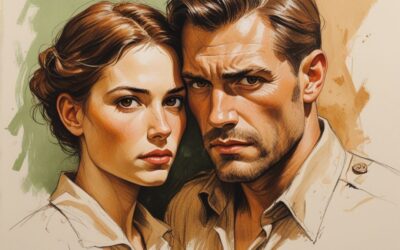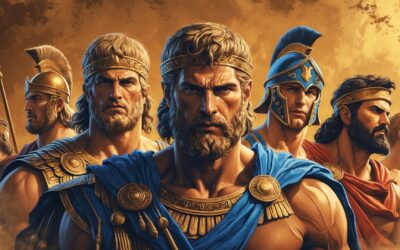- Introduction
- “Pride and Prejudice” by Jane Austen
- “To Kill a Mockingbird” by Harper Lee
- “1984” by George Orwell
- “The Great Gatsby” by F. Scott Fitzgerald
- “Moby-Dick” by Herman Melville
- “War and Peace” by Leo Tolstoy
- “One Hundred Years of Solitude” by Gabriel García Márquez
- “The Catcher in the Rye” by J.D. Salinger
- “Les Misérables” by Victor Hugo
- “Wuthering Heights” by Emily Brontë
- Conclusion
Introduction
Classic literature is rich in intellectual depth, artistic merit, and timeless relevance. These works have stood the test of time, providing readers across generations with insights into different cultures, historical periods, and human conditions. Here are some classic novels that every book lover should consider adding to their reading list.
“Pride and Prejudice” by Jane Austen
This enduring masterpiece by Jane Austen is a must-read. The story revolves around the Bennet sisters and their quest to find suitable husbands. Elizabeth Bennet and Mr. Darcy’s evolving relationship highlights the role of first impressions, class consciousness, and the pursuit of genuine love.
“To Kill a Mockingbird” by Harper Lee
Set in the Deep South during the Great Depression, this Pulitzer Prize-winning novel addresses themes of racial injustice, loss of innocence, and moral complexity of good and evil. Through the eyes of young Scout Finch, readers observe her father, Atticus Finch, a lawyer defending a black man unjustly accused of rape.
“1984” by George Orwell
This dystopian novel offers a terrifying vision of a totalitarian future, where individuality is suppressed, and ‘Big Brother’ watches every action. Orwell’s exploration of power, manipulation, and control of information remains alarmingly relevant in the age of mass surveillance and fake news.
“The Great Gatsby” by F. Scott Fitzgerald
This novel, set in the Jazz Age, offers a critical view of the American Dream. The story of Jay Gatsby’s desperate quest for Daisy Buchanan explores themes of wealth, love, and the disillusionment of idealism. Fitzgerald’s evocative prose and the tragic arc of Gatsby create a poignant tale of desire and disillusionment.
“Moby-Dick” by Herman Melville
This epic tale of the sea, narrated by Ishmael, follows Captain Ahab’s obsessive quest for the great white whale that maimed him. While it’s a thrilling adventure, “Moby-Dick” is also a profound exploration of fate, free will, and the destructive power of obsession.
“War and Peace” by Leo Tolstoy
Despite its intimidating length, “War and Peace” is worth reading for its sweeping narrative spanning historical events, personal dramas, and deep philosophical discussions. The novel, set against the backdrop of the Napoleonic Wars, offers a detailed portrait of Russian society and the human condition.
“One Hundred Years of Solitude” by Gabriel García Márquez
This masterpiece of magical realism tells the multi-generational story of the Buendía family in the mythical town of Macondo. It blends fantastical elements with historical events, exploring themes of love, solitude, power, and the cyclical nature of history.
“The Catcher in the Rye” by J.D. Salinger
This novel follows a few days in the life of a teenage boy, Holden Caulfield. His cynical view of adult society and struggle with his identity have made “The Catcher in the Rye” a classic coming-of-age novel that resonates with adolescent angst.
“Les Misérables” by Victor Hugo
This novel, set in 19th-century France, portrays the lives of several characters, especially the fugitive, Jean Valjean. Through the characters’ struggles, Hugo explores themes of social injustice, moral philosophy, and the possibility of redemption.
“Wuthering Heights” by Emily Brontë
This novel tells the haunting story of the passionate yet destructive love between Catherine Earnshaw and Heathcliff. Brontë explores complex themes of love, revenge, social class, and the clash between nature and culture.
Conclusion
Reading classic novels is like embarking on a journey across time and space. These books not only tell compelling stories but also offer profound insights into human nature and society. They challenge us, make us reflect, and expand our understanding of the world and our place in it. So, dive into these classics and enrich your reading experience.










0 Comments